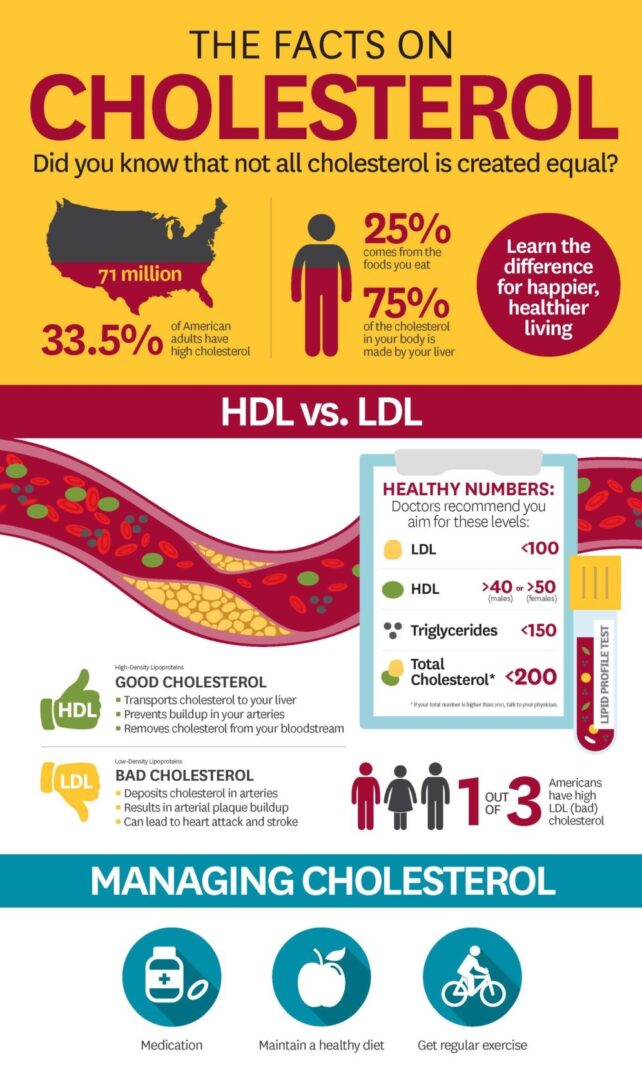A new study has found a link between 'bad' cholesterol and the risk of dementia. It suggests that common cholesterol-lowering medicines, like statins, can help protect brain health as we age, even in those with low cholesterol already.
The new findings from researchers in Korea contribute to a controversial line of research, mostly based on observational studies. In the past, scientific investigations of dementia risk and levels of low-density lipoprotein cholesterol (LDL-C) have produced inconsistent results, and there is a need for rigorous, randomized controlled trials to clear up the confusion.
The current study is also observational, but its "robust" and "diverse" data support the 2024 Lancet Commission on dementia prevention, which highlighted cholesterol as a possible risk factor.
Led by neurophysiologist Minwoo Lee from Hallym University College of Medicine in Korea, the new study suggests that LDL-C levels are "directly associated with reduced dementia incidence, supporting cholesterol management as fundamental in preventing dementia."

The research retrospectively analyzed health data from 11 university hospitals in Korea, encompassing more than half a million individuals.
Those with LDL-C levels below 70 mg/dL showed a 26 percent decreased risk of all-cause dementia and a 28 percent decreased risk of Alzheimer's disease, compared to those with LDL-C levels above 130mg/dL.
This was true regardless of whether participants were taking statins or not. But when researchers looked at those taking cholesterol-lowering meds specifically, they found an intriguing correlation.
Statin use was associated with a 13 percent reduction in all-cause dementia and a 12 percent reduction in Alzheimer's risk compared to those who did not use the medicine. And this was true both for people who had high LDL-C levels and those who had low levels.
This indicates "a complex relationship between lipid levels and statin therapy in cognitive health," write the team of researchers, who hail from various clinics, hospitals, and universities in Korea.
While the study suggests cholesterol levels below 70 mg/dL may be protective to brain health, the use of statins may also improve dementia outcomes, even if a lower threshold of 'bad' cholesterol is not reached, or even if a person has low cholesterol already.
The results agree with some previous analyses but stand in contrast to other observational studies, like one published in 2023, which found that both low and high levels of high-density lipoprotein cholesterol (HDL-C) were associated with elevated dementia risk.
In fact, some observational studies have even found that cholesterol-lowering statins may increase the risk of dementia in those who already show cognitive decline.
The take-home message here is not clear-cut, and while the current research from Korea adds much-needed data to the conversation, the authors say we need specific, randomized controlled trials to dig further. Scientists also need to figure out how LDL cholesterol might be driving dementia in the brain at a molecular level.
An important gene that drives the risk of dementia, for instance, also carries cholesterol to the brain.
Neurophysiologist Francesco Tamagnini is studying the idea that damage to the blood-brain barrier can lead to an accumulation of LDL cholesterol in the brain, possibly causing amyloid beta proteins to cluster into plaques associated with Alzheimer's disease. Tamagnini was not involved in the current research, but he says "there is clearly more to the story of Alzheimer's than we first thought."
"The results give a convincing argument for researchers to consider LDL cholesterol in addition to the classic approaches," he writes in an independent review.
Julia Dudley is head of research at Alzheimer's Research UK, and she notes in another independent review that "dementia risk is complex and influenced by many factors. Without a detailed picture of what's going on in the brain we do not know if there is a direct link between lower cholesterol and reduced dementia risk."
"In the meantime," she adds, "keeping our hearts healthy remains one of the most effective ways we can protect our brain health. If you have any concerns about your cholesterol levels, you should speak to your GP."
The study was published in the Journal of Neurology, Neurosurgery & Psychiatry.
